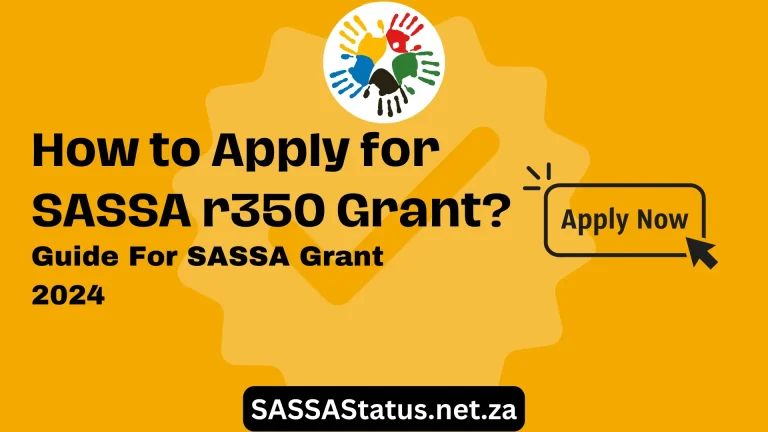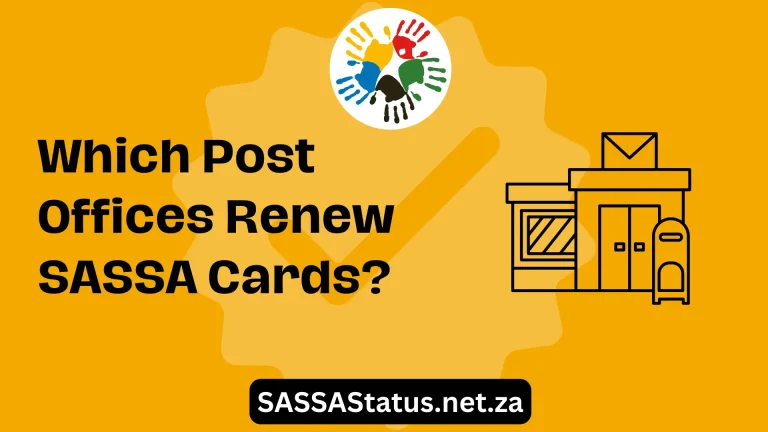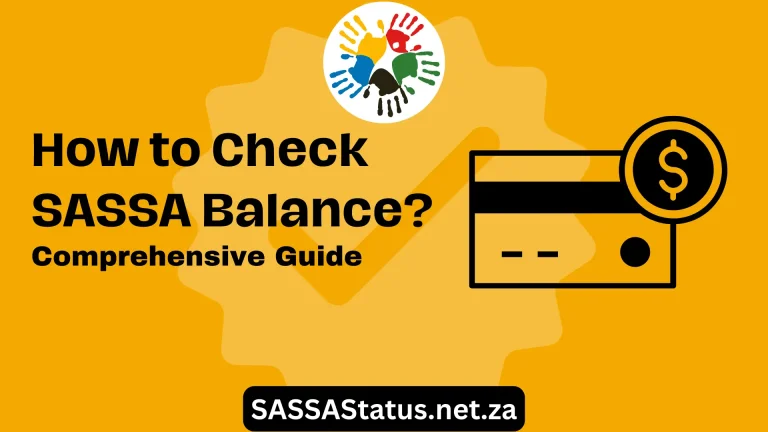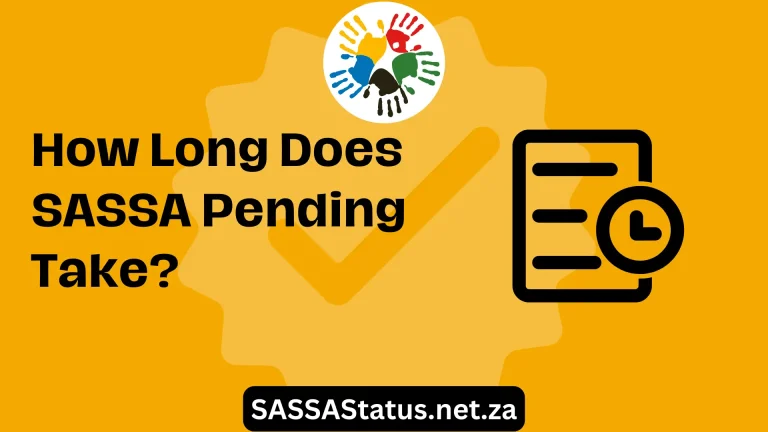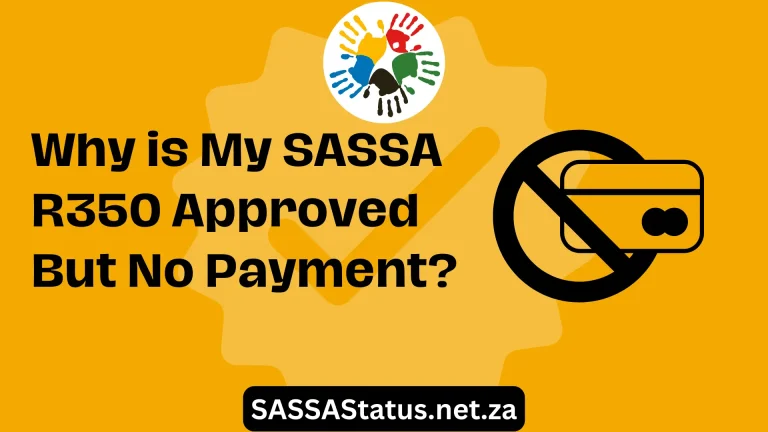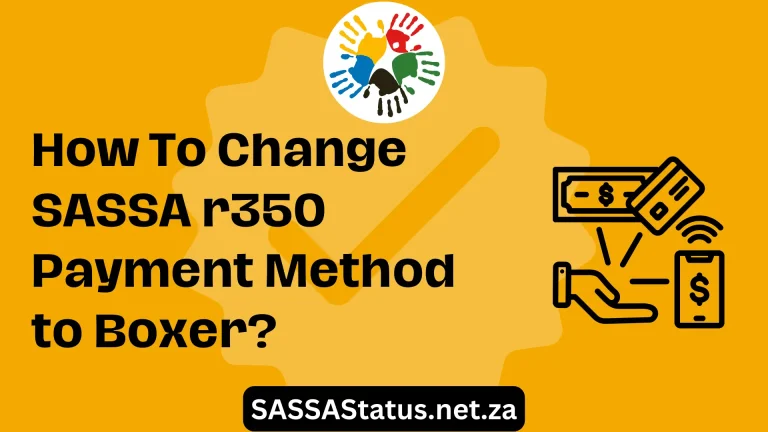SASSA Means Test – Asset and Income Threshold [2024]
The national agency has implemented the SASSA Means Test when approving and verifying social grant applications, especially for the SASSA R350 grant and other social grants in South Africa. This test is a crucial tool for assessing the eligibility of each applicant, ensuring that those who genuinely need financial assistance receive it while declining those who exceed the income and asset threshold limit and do not qualify.
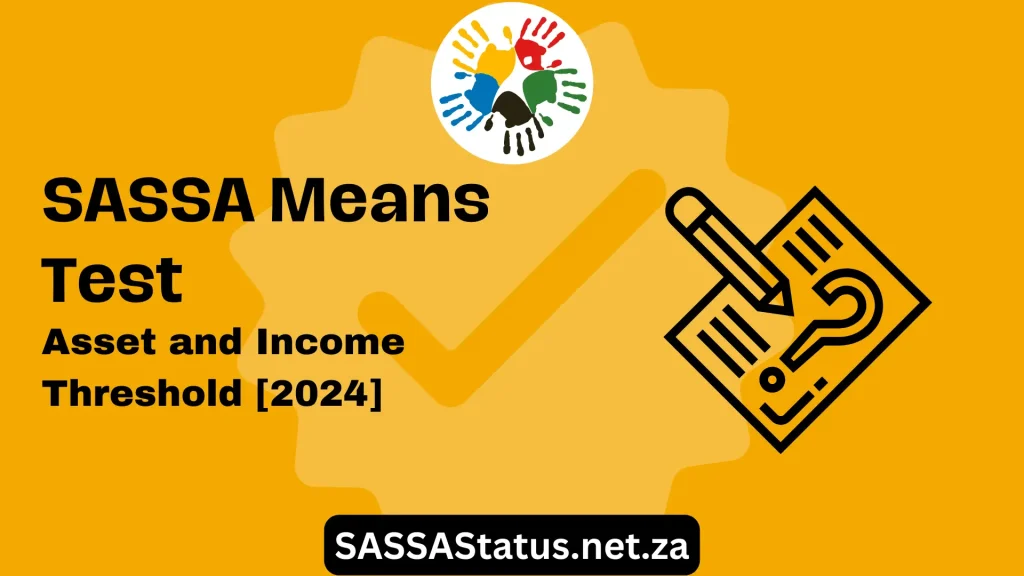
In this context, we’ll dive into the income and asset thresholds for each grant SASSA offers. Additionally, we’ll provide insight into the payment amounts for these grants. It’s crucial to carefully review the details to grasp the means test criteria before initiating your application for an SASSA social grant.
What Is the Sassa Means Test?
The SASSA Means Test is a crucial aspect of the SASSA Status Check process, determining eligibility for individuals seeking assistance. It assesses whether you have sufficient means to support yourself and your family. You can check information on how the SASSA Mean Test influences your eligibility.
1. Qualification Criteria
The SASSA means test is your gateway to accessing much-needed financial support. To qualify for the SASSA social grant or SASSA SRD R350 grant, you must meet specific criteria set by the South African Government. Here’s what you need to know.
Income Assessment
Your income plays a pivotal role in the means test. You are eligible for the grant if your financial situation falls within the defined criteria. However, you may only qualify for assistance if your income exceeds the threshold.
Asset Evaluation
Assets are generally considered as follows in the means test:
2. Continued Eligibility Requirements
It is an ongoing assessment, not a one-time evaluation. Applicants’ financial situations are regularly reviewed to ensure that the grant continues to reach those who need it most. It is how the SASSA review process determines the continued eligibility of each applicant.
Monthly Reviews
After receiving the grant, your financial status will be reviewed regularly, typically at 30-day intervals. This process ensures that you still meet the eligibility criteria and that the assistance is directed to those in genuine need.
Changes in Circumstances
If your financial circumstances change while receiving the grant, you must notify SASSA promptly. Changes in your income or assets may affect your eligibility, and failure to report such changes can lead to issues later.
Important Notice
SASSA reviews each new applicant’s application and those already approved as SASSA beneficiaries to assess their eligibility for monthly grants. The Means Test ensures that every beneficiary remains eligible, and if they no longer qualify, resources are redirected to support other needy citizens.
3. Prioritizing the Needy
It is crucial in prioritizing assistance for those in need. This evaluation of financial circumstances allows the government to target support to individuals and families facing economic hardships. By doing so, limited funds are directed where they can have the most significant impact.
4. Preventing Misuse
Addressing the misuse of social grants is a crucial goal of the means test. The test considers combined incomes for married applicants, ensuring the system’s integrity. This approach helps prevent ineligible individuals from receiving funds, ensuring financial aid reaches those requiring it.
SASSA Grant Requirements Means Test
It is a crucial part of the application process for various social grants, such as Disability Grants, Older Person Grants, Child Support Grant, Foster Child Grant, Care Dependency Grant, War Veterans, and grants in Aid. This test applies to new applicants who have recently submitted their SASSA online application and to approved beneficiaries already receiving monthly assistance.
Income and Assets Threshold Means Test for SASSA Social Grants
To qualify for various SASSA social grants, applicants must meet specific income and asset thresholds as part of the Means Test. Adhering to these guidelines ensures eligibility and prevents interruptions in grant payments. Here’s a breakdown of the income and assets thresholds for different grant categories:
For Older Persons, Disability, and War Veterans Grants
For Child Support Grant
For Foster Child Grant
For Care-Dependency Grant
These thresholds are current as of October 2022. It’s essential to stay informed about SASSA’s requirements to maintain eligibility for social grants.
SASSA SRD R350 Threshold Means Test
The SASSA SRD R350 Threshold Means Test is a crucial part of the application process for the R350 grant, which aims to provide temporary support to individuals experiencing financial hardship and unemployment. It means the test is designed to ensure the grant is allocated to those who truly need it and need more means to support themselves.
Income and Assets Threshold Means Test for SRD R350 Grants
To qualify for the SRD R350 Grant, individuals must meet specific criteria, including having a monthly income of less than R624. SASSA conducts regular checks on applicants’ bank accounts to verify their income status and determine their eligibility for the grant.
Recently, an important update has been regarding the means test for the COVID-19 SRD R350 Grant. The income threshold for this grant has been increased from R350 to R624. To qualify for the grant, individuals must have incoming funds in their bank accounts of no more than R624 for the particular month.
Eligibility for the SASSA SRD Grant
Eligibility for the SASSA SRD grant is determined when one’s income is less than R624. SASSA conducts monthly checks on recipients’ bank accounts to verify their income status.
Conclusion
The SASSA Means Test is a crucial tool for determining eligibility for social grants in South Africa. It ensures that financial assistance is directed to those who genuinely need it based on their income and assets.
By regularly reviewing applicants’ financial situations, SASSA aims to prevent misuse of funds and prioritize support for those facing economic hardships. Understanding the Means Test criteria is essential for anyone applying for or receiving an SASSA social grant.
